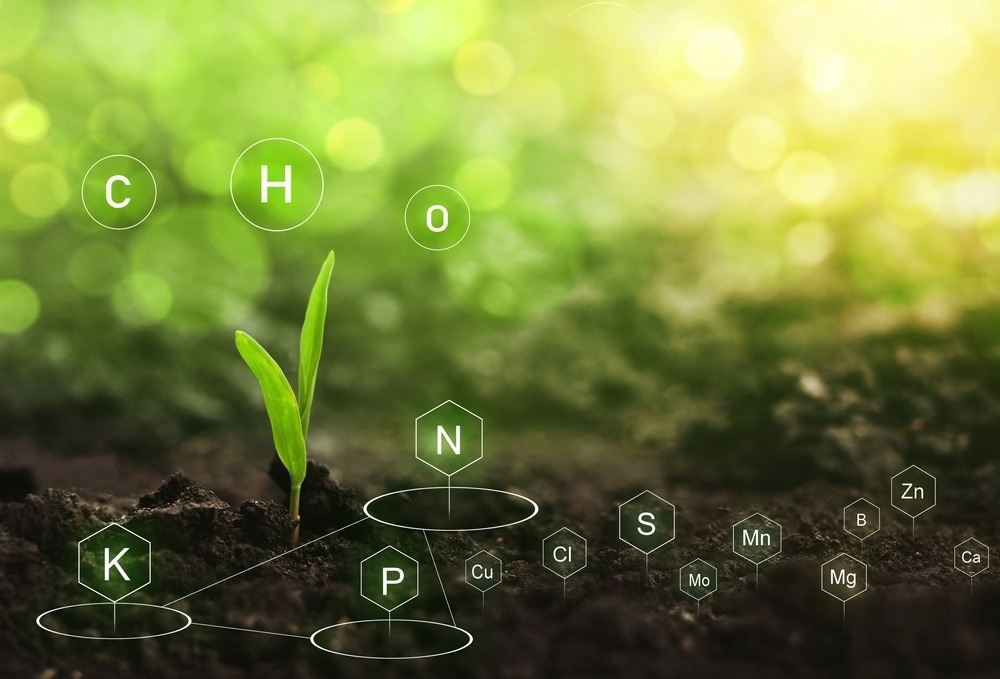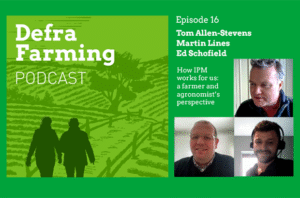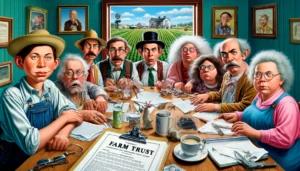
soil science.jpg
Soil Science
Definition: Soil science is the scientific study of soil, its properties, formation processes, functions, and management practices aimed at optimizing soil health, fertility, and productivity.
Informative Tips: Soil is a complex and dynamic natural resource that serves as the foundation for terrestrial ecosystems and agricultural production. Soil scientists investigate soil composition, structure, and function to understand soil-plant interactions, nutrient cycling, and soil-water dynamics.
Fall off the barn roof and busted your keister? Life on the farm or ranch can be tough on the bum. Need a break? Laugh it off at FarmerCowboy.com, the #1 farm humor site. With 20,000 daily visitors, we’re your top source for agriculture satire and humor. Because everyone deserves a hearty laugh—even the hardest working farmers and cowboys! Join us and turn those long days into fun tales at FarmerCowboy.com.
Valuable Assistance: Soil science plays a crucial role in sustainable agriculture by providing insights into soil fertility, nutrient management, soil conservation, and land use planning. By assessing soil properties, diagnosing soil constraints, and recommending soil management practices, soil scientists help farmers optimize soil health and productivity while minimizing environmental impacts.
Practical Advice: Farmers should prioritize soil health and fertility through practices such as soil testing, nutrient management, organic matter addition, and erosion control. Soil management practices, including conservation tillage, cover cropping, crop rotation, and agroforestry, can improve soil structure, enhance water infiltration, and reduce soil erosion and nutrient loss.
Beneficial Guidance: Soil scientists collaborate with farmers, extension agents, agronomists, and policymakers to develop and promote sustainable soil management practices tailored to specific soil types, climates, and land uses. By conducting research, providing education and outreach, and implementing soil conservation measures, soil scientists contribute to the resilience and sustainability of agricultural systems.
Enlightening Details: Soil science research encompasses various disciplines, including pedology, soil physics, soil chemistry, soil microbiology, and soil ecology, to address complex soil-related issues. Emerging technologies, such as precision agriculture, soil sensors, and remote sensing, offer new opportunities for soil monitoring, mapping, and management.
Actionable Suggestions: Farmers should work closely with soil scientists and agricultural experts to develop site-specific soil management plans based on soil health principles and sustainable agriculture practices. Regular soil testing, adoption of soil conservation measures, and integration of soil health management into crop production systems are essential for sustaining soil fertility and productivity over the long term.
References:
- Soil Science Society of America. (2021). Soil Science. Link
- International Union of Soil Sciences. (2021). IUSS. Link
- Lal, R. (2004). Soil carbon sequestration to mitigate climate change. Link
Originally posted 2022-03-01 20:52:54.
Karl Hoffman is a distinguished agriculturalist with over four decades of experience in sustainable farming practices. He holds a Ph.D. in Agronomy from Cornell University and has made significant contributions as a professor at Iowa State University. Hoffman’s groundbreaking research on integrated pest management and soil health has revolutionized modern agriculture. As a respected farm journalist, his column “Field Notes with Karl Hoffman” and his blog “The Modern Farmer” provide insightful, practical advice to a global audience. Hoffman’s work with the USDA and the United Nations FAO has enhanced food security worldwide. His awards include the USDA’s Distinguished Service Award and the World Food Prize, reflecting his profound impact on agriculture and sustainability.




